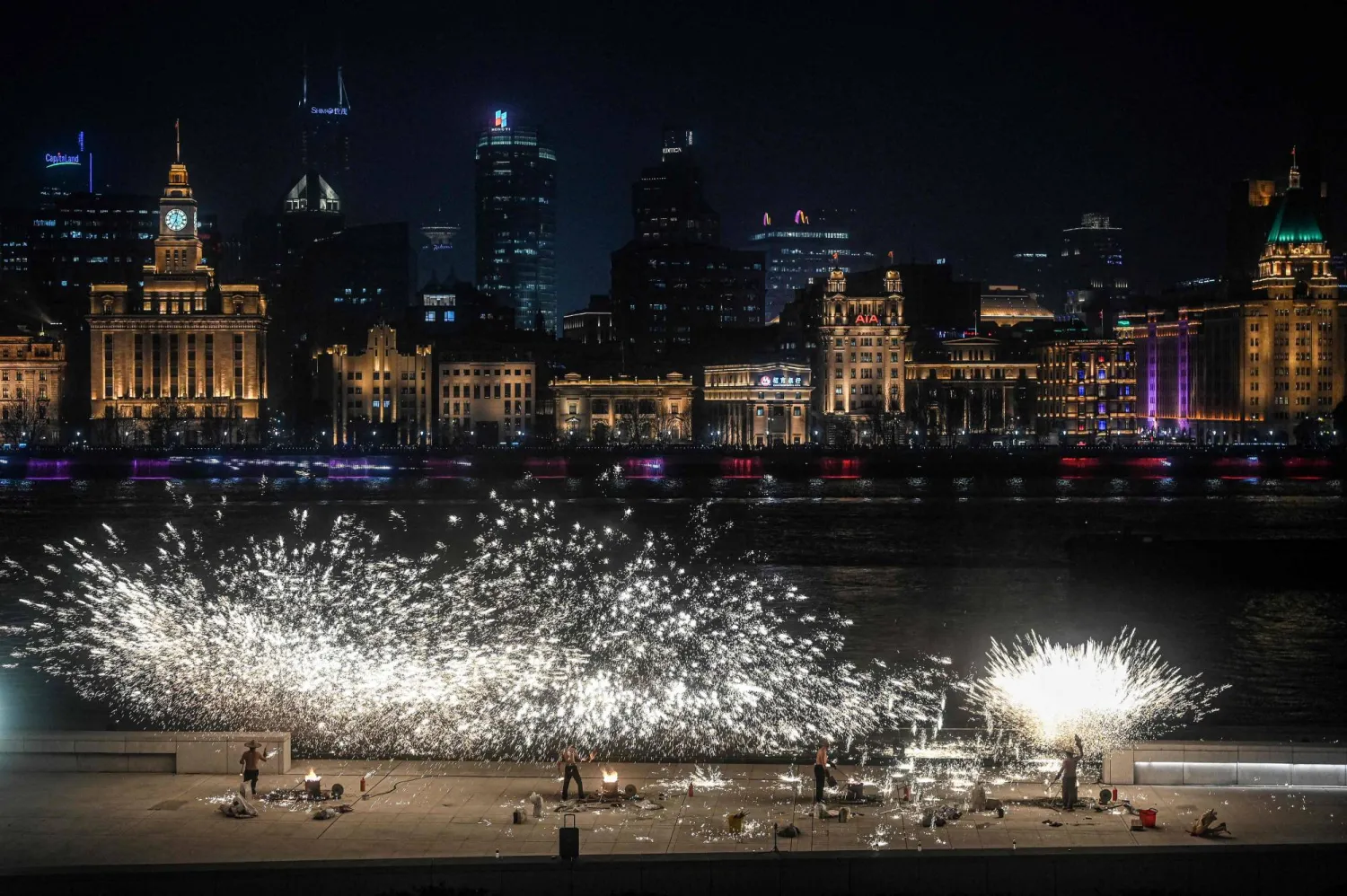Former Chancellor Angela Merkel is to be decorated with Germany's highest possible honor on Monday in recognition of her near-record 16 years at the helm of the country.
President Frank-Walter Steinmeier plans to bestow the Order of Merit for special achievement on the four-term chancellor, who will become only the third ex-leader to receive that level of distinction. The other two were Konrad Adenauer, West Germany's first leader, and Helmut Kohl, who led Germany to reunification.
Merkel, 68, was the first woman to lead Germany and the first chancellor who grew up behind the Iron Curtain in communist East Germany.
She stepped down in December 2021 with a well-regarded record of leading Europe's biggest economy through a series of crises, including the global financial crisis, the eurozone debt crisis and the COVID-19 pandemic. She didn't seek a fifth term and ended her tenure as post-World War II Germany's second-longest serving leader, 10 days short of one-time mentor Kohl's record.
Merkel's legacy has attracted increasingly critical scrutiny since her departure, largely because of Russia's full-scale invasion of Ukraine. She has staunchly defended her diplomatic efforts, saying that a much-criticized 2015 peace deal for eastern Ukraine bought Kyiv precious time.
She also has been unapologetic about her government's decisions to buy large quantities of natural gas from Russia, Germany's primary gas supplier when she left office, saying last year that “from the perspective of that time” those decisions made sense.
Merkel has kept a relatively low profile since stepping down and has stayed out of the current political fray. Her successor, Olaf Scholz, is expected to attend Monday's ceremony.









